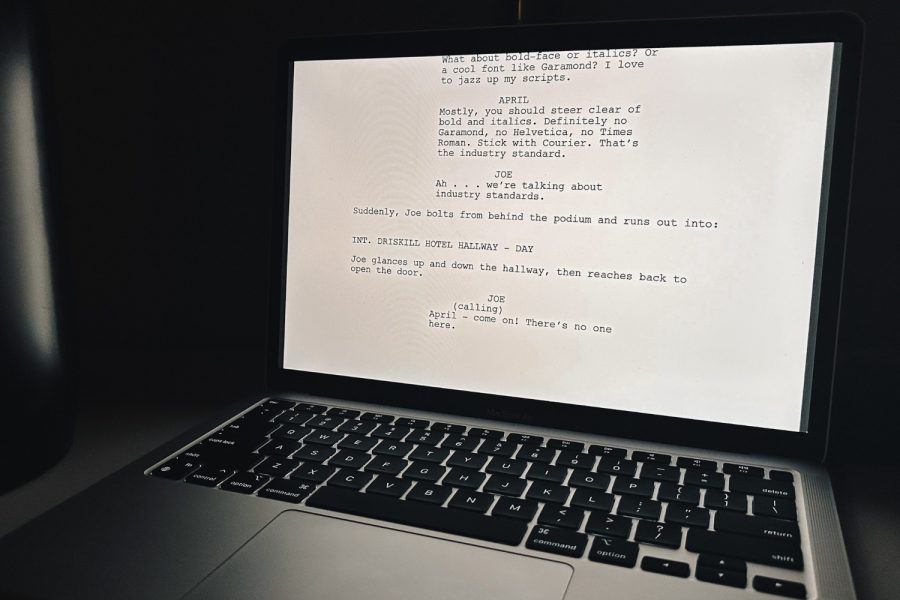Imagine starting a new TV show and immediately falling in love with it, only to discover that the newest episode has no set air date. It was delayed because the writers stopped working, so it could not be filmed.
The Writers Guild of America (WGA), a labor union of television and film writers, began a strike because of disputes with the Alliance of Motion Picture and Television Production (AMPTP) on May 2.
Writers were required to stop work for many projects in Hollywood, causing many disruptions and delays in production for television and film, including series like “Stranger Things.” Some television shows have had to pause or air reruns.
When the strike started, it disrupted the production of a film that screenwriter Colby Day was working on.
“We were very close to finishing the movie, so I felt okay with being done working. However, if you’re working in television, you’re going to have to stop writing the show, and depending on where you are in your work, that might mean you won’t be able to start producing the show,” Day said.
The WGA decided to strike because they found out that writers’ pay has declined in the past decade as compensation has reached the minimum levels.
“We’re at a moment where corporations are making more money than ever and writers are struggling more than they’ve ever struggled before,” Day said.
The WGA and AMPTP decide on minimum wages, health insurance, and workplace safety every three years. This year, the WGA wanted to address writer compensation, specifically for shows on streaming platforms like Netflix, where there are no minimums and writers earn less.
“It was agreed to in 2007, but the internet has changed so much since then that those numbers don’t reflect how much money companies make from things online now,” Day said.
So, the WGA proposed establishing minimums for streaming-platform writing and increased pay in general, in addition to proposals regarding artificial intelligence and work hours.
The AMPTP rejected many of these proposals with few alternatives, so the WGA went on strike.
During the strike, guild members are not allowed to work on any projects. Other unions, like the Directors Guild of America, have responded with support.
“Everybody has to stop work, which no one wants to do. But in Hollywood, it feels like we’re at a real crossroads. We’re all asking ourselves: Will this remain a sustainable job? Will people be able to keep living with this kind of work environment?” Day said.
With television and film production stopping for potentially the whole summer, lots of highly anticipated shows could be delayed.
“There’s a chance that the average person won’t feel a difference right now, but come a year, the movie they wanted to see is not going to be out yet because there just wasn’t anybody available to make it,” Day said.
Because of Hollywood’s strong presence in America, many people will be affected.
“In America, people consume a lot of media, so I think people might start to complain about the strike,” said Carlmont sophomore Maddy Cassidy.
While these delays can upset people, Day has noticed that many nonwriters understand the writers’ requests.
“I’m really sad that some shows are getting delayed, but I think it’s important for writers to get paid a substantial amount for their hard work,” said Carlmont sophomore Henna Batnagar.
The WGA has gone on strikes since the 1950s, each lasting around three months, and this is the fifth one.
While the strike can make people unhappy, it can also help people recognize similar situations of workers in other industries.
“We have to try to fight within Hollywood and everywhere so the people that make the things we use get paid a fair wage and can live off their jobs,” Day said.












